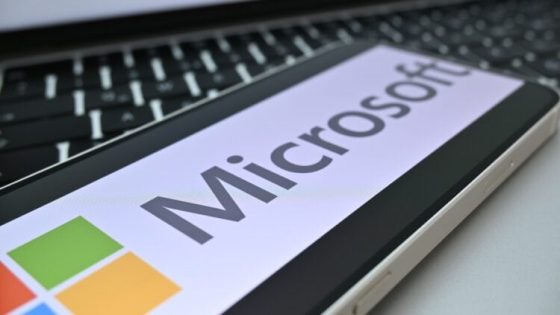Microsoft (NASDAQ:MSFT) announced new initiatives to support the White House AI efforts, including free tools and training, but its stock still fell over 2.5% on September 5, 2025. The company aims to boost AI education and skills through grants, free courses, and extended Copilot access, especially for students and educators. Despite these efforts, investor confidence waned, and shares declined after the announcement.
- Microsoft supports Presidential AI Challenge initiatives.
- Offers free AI tools and training for students.
- Reintroduces Windows Mixed Reality headset with SteamVR.
- Analysts recommend buying Microsoft stock with upside potential.
- Stock declined 2.5% after recent announcements.
Microsoft revealed plans to back the Presidential AI Challenge and AI Education Executive Order. The company will offer 12 months of free Copilot access for college students and expand AI training for teachers and job seekers. Additionally, Microsoft committed $1.25 million in educator grants and free LinkedIn Learning courses. Meanwhile, Microsoft revived the Windows Mixed Reality headset by enabling SteamVR access through a new Nvidia-based driver, despite previous platform discontinuation. Wall Street analysts remain bullish, with a strong buy consensus and a target price of $627.67, implying nearly 27% upside. The stock’s recent rally and these initiatives highlight ongoing growth potential, even as the market reacts negatively to the announcement.
- Microsoft will provide 12 months of free Copilot access to college students.
- The company is supporting AI education with grants and free courses for teachers and job seekers.
- Revived Windows Mixed Reality headset now works with SteamVR via a new Nvidia driver.
- Wall Street analysts maintain a strong buy rating, with a $627.67 target price.
Despite positive long-term outlooks, immediate market reactions suggest caution. Investors should watch how these initiatives impact Microsoft’s growth and stock performance.
Overall, Microsoft’s support for AI initiatives aims to build skills and economic opportunity, but short-term stock declines reflect investor concerns about market reactions.

















